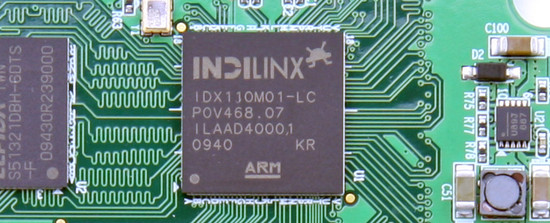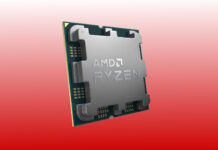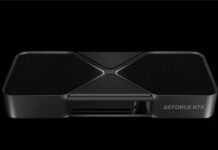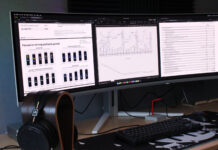Indilinx has made its first announcement since it got acquired by SSD maker OCZ Technology and it reveals a new SATA 6.0 Gbps controller with 3-bit NAND flash support. This means higher performance than previous Indilinx solutions, but also the possibility to increase storage density by 50%, a market first.
OCZ says in its press release that Indilinx Everest is the first controller to support 3-bit NAND flash chips (TLC), which means it can store up to 50% more data on the same surface as 2-bit NAND flash (MLC) that is currently used by the marjority of SSDs.
Indilinx Everest will build on a dual-core ARM processor with SATA 6.0 Gbps support and the latest memory circuits for good performance and cost efficiency. It says that Everest is the only SSD controller to support synchronous flash circuits with 200 mega transfers per second (MT/s), unlike the heavyweights that can only do 166 MT/s. At sequential data transfers it can come up to speeds of 500 MB/s, but OCZ says the controller is optimized for writing small random files at 4K to 16K. Together with a new boot algorithm this will halve the boot time of SSD-equipped computers.

The new controller supports storage densities up to 1TB and use an eight channel connection to the chips in Everest-based SSDs.
When the first SSDs with Indilinx Everest arrives is unknown.
Indilinx Everest, complete specifications:
· SATA Revision 3.0 – Supports 6Gbps, 3Gbps, and 1.5Gbps interface speeds
· Dual Core ARM CPU
· 1TB Maximum Capacity
· High Sequential Speeds
· High Transactional Performance – Optimized for 4K to 16K Compressed Files
· Up to 8 Channels of ONFI 2.0/Toggle 1.0 Flash at up to 200MT/s with up to 16-way Interleaving
· Advanced BCH ECC engine -over 70 bits per defined sector
· 400MHz DDR3 DRAM Cache Interface with Support for up to 512MB
· Proprietary Ndurance™ Technology
· Enhanced Power Fail Protection
· Supports up to 1xnm Node NAND Flash with 1, 2, or 3 bits per cell
· Efficient NAND Flash Management – Dynamic and Static Wear-Leveling, and Background Garbage Collection
· Boot Time Reduction Optimizations – Collaborative Platform Development
· NCQ Support up to 32 Queue Depth
· End-to-End Data Protection
· TRIM Support
· Numerous Over-Provisioning Options
· Industry Standard SMART Reporting















